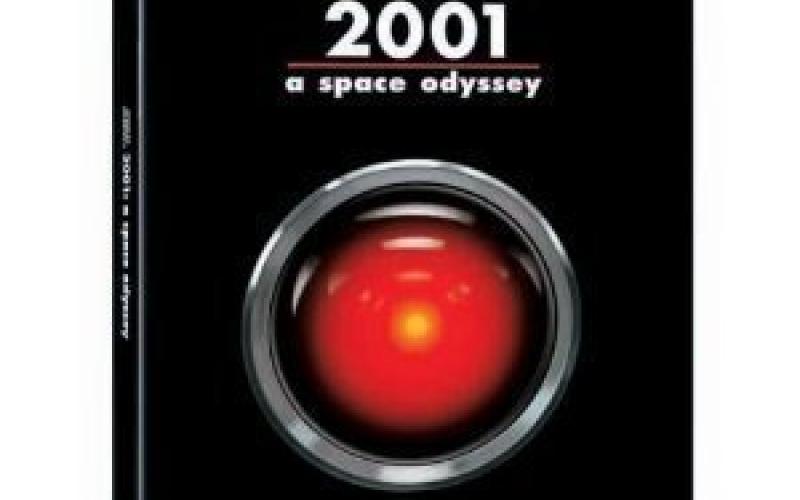12 Fictional Supercomputers I Hope Never Materialize12 Fictional Supercomputers I Hope Never Materialize
If Google's server farm ever does assert its independence and decide the human race needs to do something other than look up cat videos, most science fiction fans would shrug and say: "Told you so." Artificial intelligence has the baddest of raps in science fiction, in big part because so many of these supercomputers tend to be so malicious. But look closer and you'll find in a lot of cases they're simply doing too good a job of being true to their programming, whether for good or ill. He
July 31, 2013

Already have an account?
HAL 9000 from "2001: a space odyssey"
Well, of course. The godfather of evil AI, from Stanley Kubrick and Arthur C. Clarke's science fiction epic, initially came on as a benevolent co-pilot and ship's first officer, guiding the Discovery on a mission that had been concealed even from its own crew. Bad idea: HAL decides whatever the mission is, it's too important to be shared with a human (read: fallible) crew, and sets out terminating all of them in turn. Evil supercomputer or just bad programming?
Fortunately for us humans, astronaut David Bowman fights back, and unplugs HAL's higher brain functions in a scene that's as chilling and moving as the death of any flesh-and-blood character. HAL's death cry of "Daisy Bell" is actually a shout-out to the first singing computer, an IBM 7094, as enshrined on the 1962 album "Music from Mathematics."
About the Author
You May Also Like




